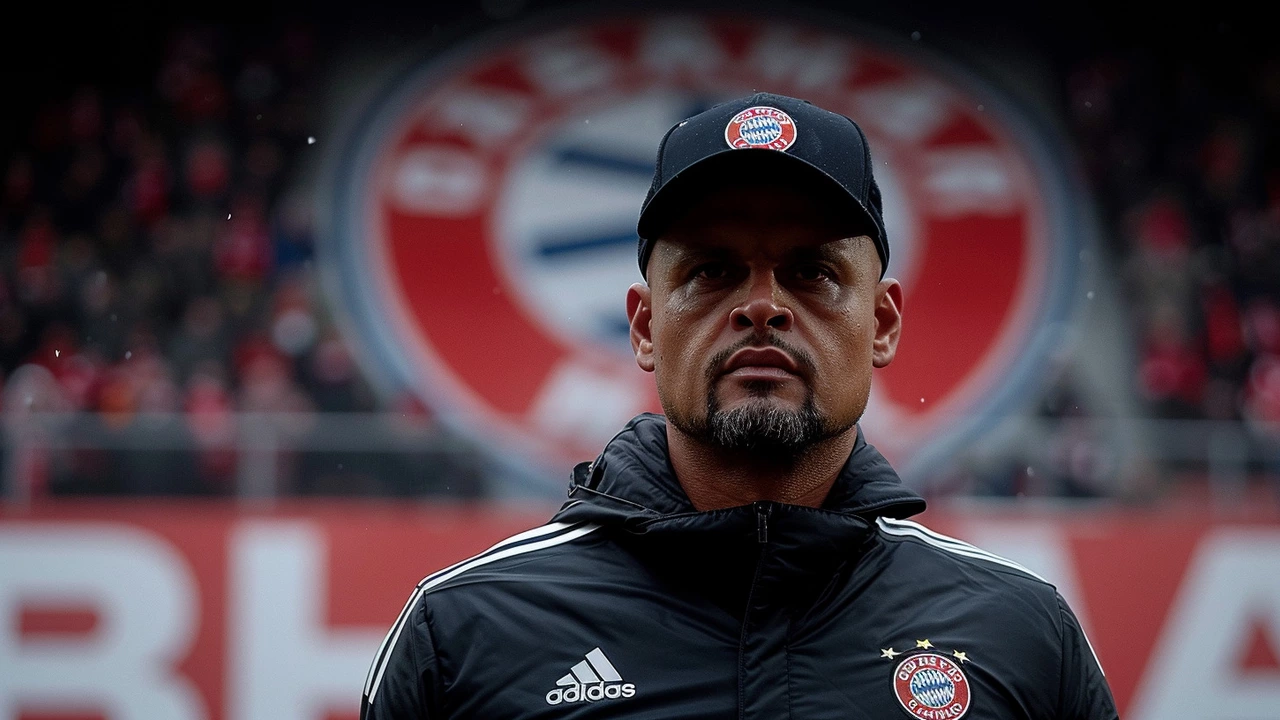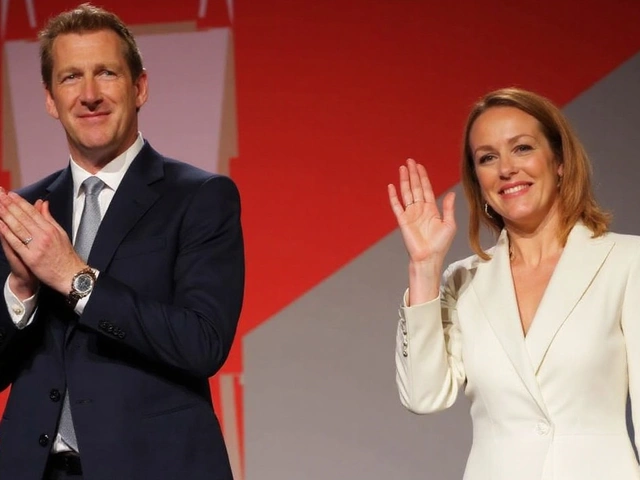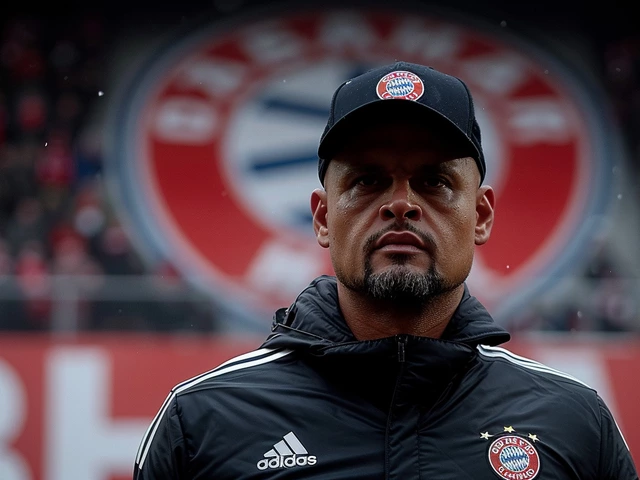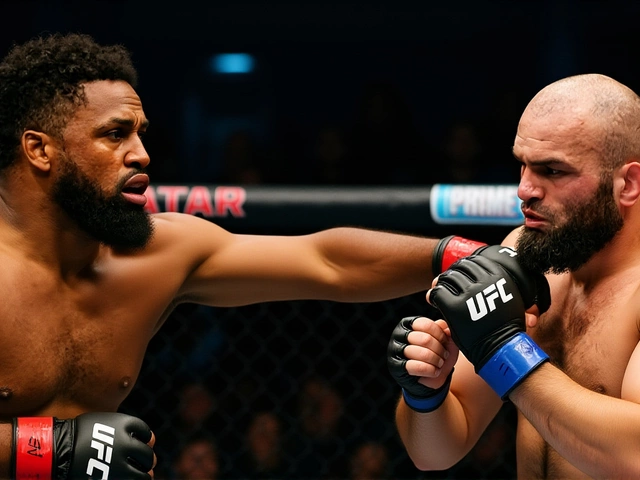Thomas Tuchel – Who Is He and Why He Matters
If you follow soccer news, you’ve probably heard the name Thomas Tuchel pop up a lot. He’s the German coach who has managed big clubs like Borussia Dortmund, Paris Saint‑Germain, Bayern Munich and Chelsea. Fans respect him because he mixes solid defence with quick attacking play, and he isn’t afraid to try new ideas. In this article we’ll break down his career steps, the tactics that make him stand out, and what you can learn from his approach.
Early Career and Rise to Prominence
Tuchel started out as a defender for Stuttgart, but an injury ended his playing days early. He switched to coaching, first handling youth teams in Germany. His first senior role was at Mainz 05 in 2009, where he turned a modest squad into a surprise Bundesliga contender. That spell earned him a move to Borussia Dortmund in 2015. At Dortmund he guided the team to the Champions League final in 2013, showing he could compete against Europe’s best.
Tactical Signature and Impact
What sets Tuchel apart is his focus on possession and pressing. He likes his teams to keep the ball, move it quickly, and press high when they lose it. At PSG he used a three‑centre‑back system that allowed wing‑backs to bomb forward, creating space for creative midfielders. When he jumped to Bayern Munich, he kept a flexible formation, often shifting between 4‑3‑3 and 3‑5‑2 depending on the opponent. At Chelsea, his clear‑cut plan was to lock the defence, dominate set‑pieces, and unleash fast wingers. The result? A Champions League trophy in his first season.
Tuchel also cares about details. He studies opponent videos, tweaks training drills each week, and involves sports psychologists to keep players focused. This attention to the small stuff often gives his side an edge in tight games. For example, in the 2021 Champions League final he made a last‑minute substitution that helped Chelsea keep a clean sheet and win.
If you’re a coach or a player, there are a few practical lessons from Tuchel’s playbook. First, never assume one formation works for every match – adapt to the opponent’s strengths. Second, work on ball‑control exercises that simulate game pressure; this keeps players comfortable in possession. Third, create a clear defensive structure, but let attackers have freedom to roam. These ideas can improve any team, whether you’re managing a Sunday league side or a professional club.
Thomas Tuchel’s journey shows that hard work, adaptability, and a love for the game can take you far. Whether you’re interested in his biography, his tactical tweaks, or just want to see how a modern coach thinks, the key takeaway is simple: stay curious, stay disciplined, and always look for the next improvement. The Aberdeen Soccer Archive will keep bringing you more stories like this, so stay tuned for deeper dives into the people shaping Aberdeen’s soccer heritage.





